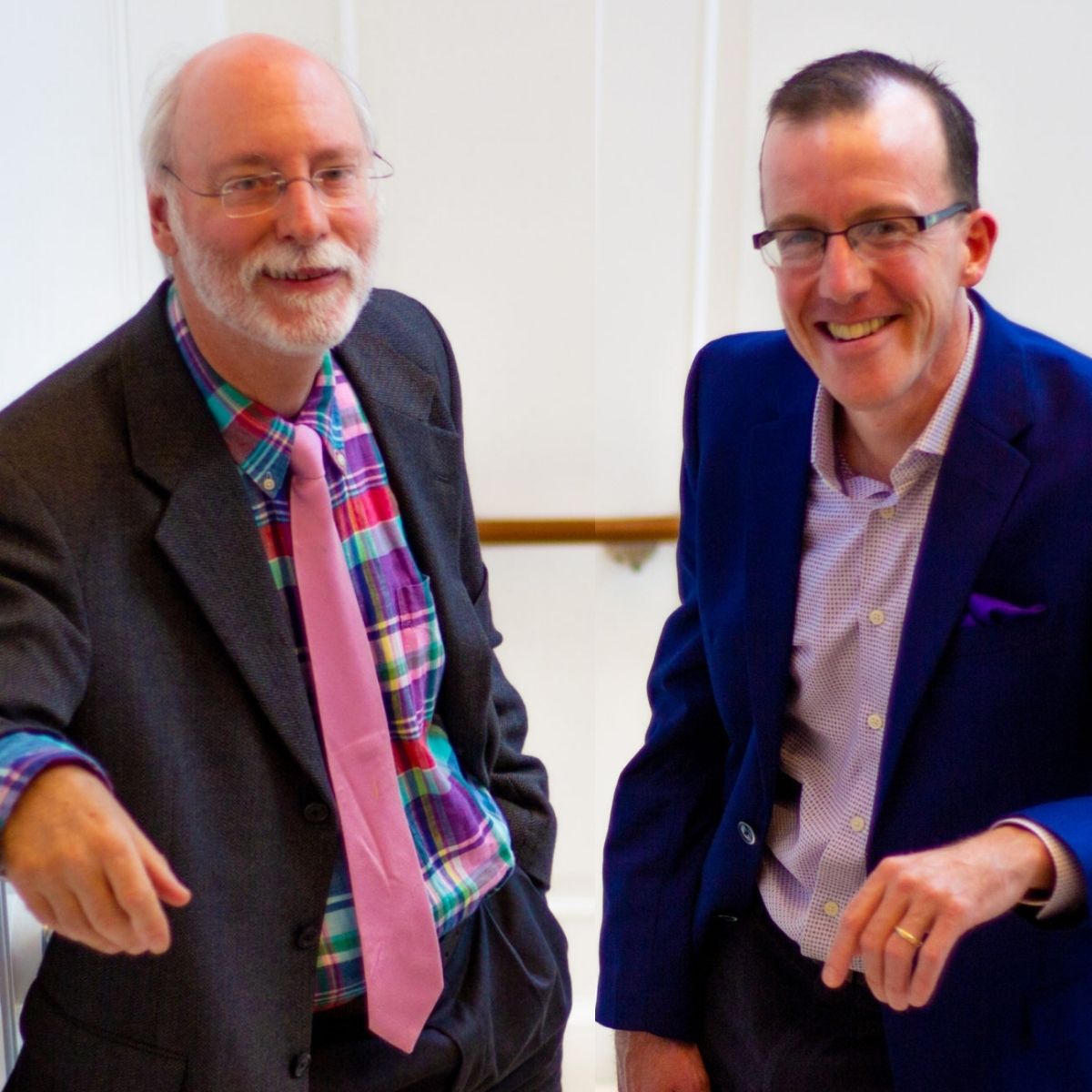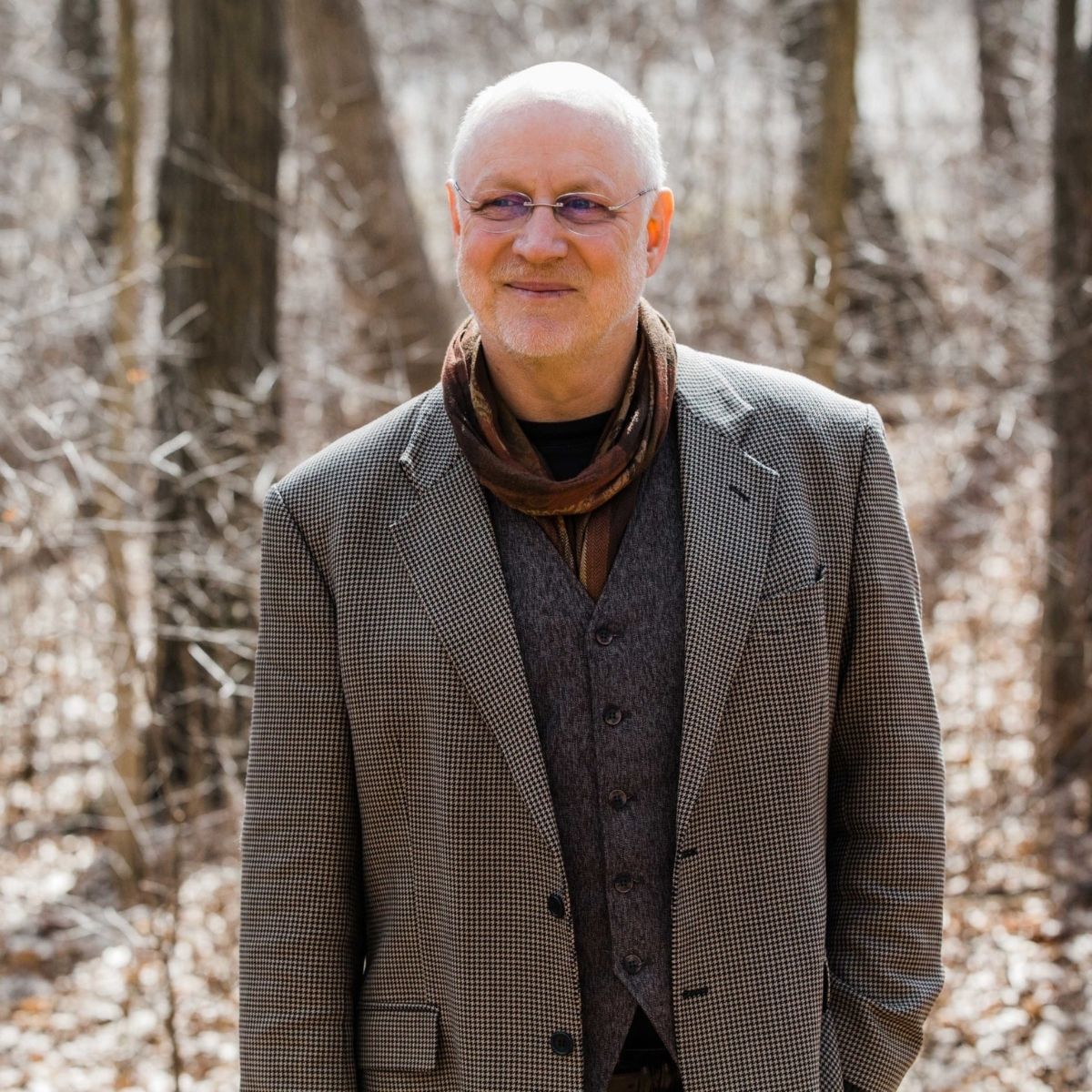
Listen in iTunes | Listen in Stitcher | Listen in Spotify
Today I’m here with my friend Leah McDermott talking about Reading on the natural learning path.
Leah is a former Master Educator and now unschooling mama of two who has made it her mission to help bring more natural elements to children’s everyday learning experiences through her business Your Natural Learner.
Adventure of the Week
This week I had my first solo adventure when I drove down to Portland for a homeschool conference and stayed 1 night in a hotel all by myself. You guys, I peed, and no one was staring at me or touching me – so strange.
Highlights
Misconceptions: We go over some of the most common misconceptions around literacy development.
Read Aloud: We talk about how reading together is a valuable step on the natural learning journey and all the creative ways that can happen.
Invitations: We share some tips to support literacy through your home environment (and time and experiences).
Relevance: We speak to the prime avenue that children learn to read and write – through relevant and contextualized real-life experiences.
Role Modeling: Of course, we have to talk about role modeling, which is a powerful force in readership.
Age: We nail down when the average child learns to read naturally and how the theme of trust is the most important piece here.
Q+A
We answer the question, “How do you know when they need extra help?”
Dive Deeper
Disclosure: When I recommend a product that I believe will add value for you, it may contain an affiliate link. When you click the link to make a purchase, I may receive a small commission at no extra cost to you.
Leah’s Huffington Post Reading Article
The Basher Science Book Collection
Support the Show
- Leave a review on iTunes: your kind feedback tells iTunes that this is a show worth sharing.
- Share an episode on social media: be sure to tag me so I can share it (@sage.family on instagram).
- Become a patron: join the Patreon community to support these important conversations, help make this show great, and get rewards doing it.



Hello! I have just discovered your podcast and am enjoying it very much; I’ve also subscribed to your newsletter. You have so many valuable insights, thank you.
I’d like to comment on this reading podcast as a homeschooling mamma AND a literacy/dyslexia specialist. I have been fascinated about this notion of when children will learn to read naturally. It was noted that the age of seven is a natural age of reading acquisition. I am not familiar with the research regarding this, but I will assume it is grounded in research. In terms of dyslexia, I would like to offer a little more info. Leah touched on this, but I’d like to elaborate and emphasize the need for early intervention and identification. As a private practitioner, I have seen many homeschool students fall through the cracks due to lack of awareness on parents’ part. Because dyslexia is a language-based difficulty, we see signs show up very early, even at preschool age. Signs are in terms of language development: difficulty with rhyming, difficulty remembering sequences like days of week/months of year and ABCs, difficulty remembering directions (flush, dress, and wash your hands), difficulty identifying how many syllables or beats in a word. Because we humans have the gift of neuroplasticity AND we know that dyslexic learners take a lot of repetition and multisensory learning to acquire skills (think reading skills here), AND their brains do not have as much neuroplasticity in the several regions of the brain (think language based) necessary for reading, it is imperative to get the help they need (structured, systematic, explicit instruction). SO, absolutely, as you both said here, get people on your team. Take it seriously, early and investigate. Remember that reading is a language-based skill, rooted in phonological awareness and skills.. “Phonological” in this sense, essentially, means related to the pieces of sound. Those can be large chunks, like entire words, or syllables and then down to individual sounds or phonemes, like the three sounds in the word CAT. I truly think this is essential for homeschooling families to be aware. Further, if there is a family history of difficulty with reading, take heed, dyslexia is hereditary.